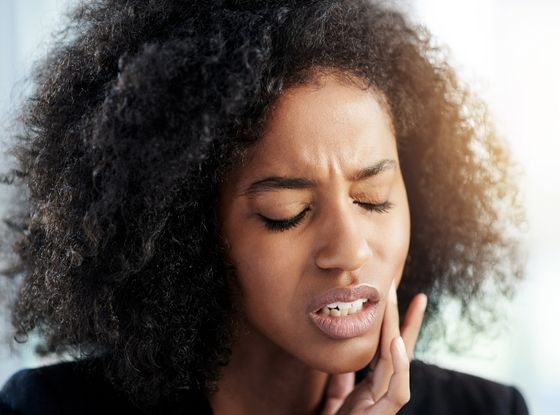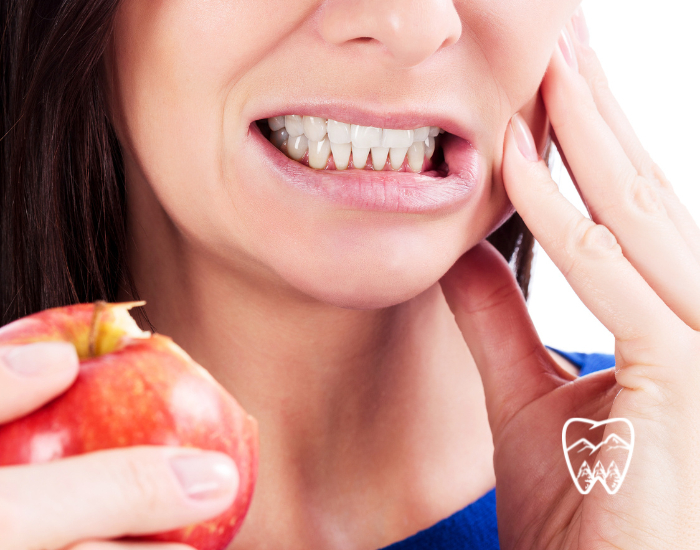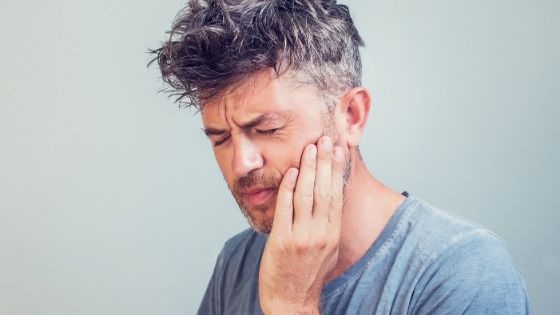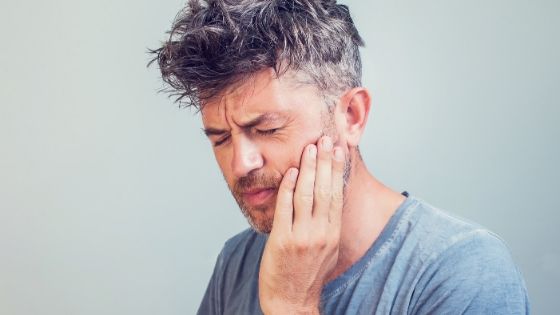Common Dental Emergencies
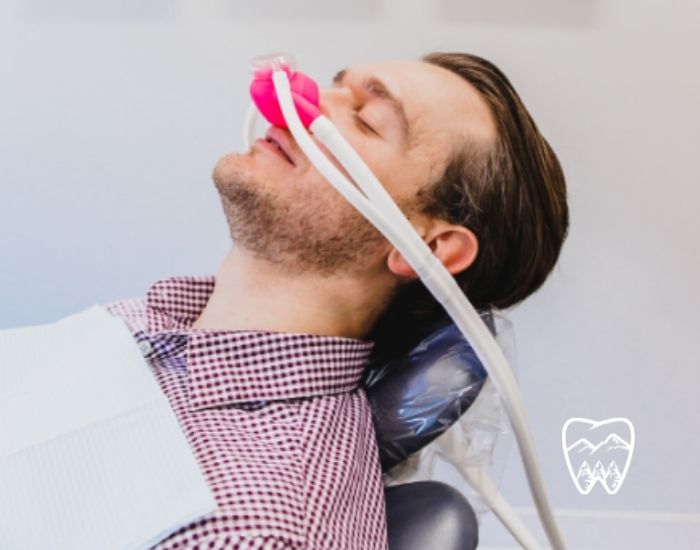
Top Common Dental Emergencies
If you believe you are dealing with a dental emergency, please contact us!
Tooth pain generally comes at unexpected times, but knowing what to do in the event that you are experiencing tooth pain is so important! Even if the emergency begins as mild pain, it is always good to contact your Parker CO dentist and find out what you should do next. Dental accidents and tooth infections happen to everyone, but there are several safeguards you can take:
- If you participate in sports, you should always wear a mouthguard
- Check-in with your dentist regularly
- Keep your dentist’s emergency phone number ready
- Avoid eating some foods that are hard on your teeth.
- Brush your teeth every day and floss regularly
If Your Tooth Gets Knocked Out, Call Your Dentist in Parker CO Immediately
It is horrible to have a tooth knocked out, but the good news is we can help you! First and foremost, contact your Parker CO Dentist as soon as possible and get advice on what to do. Put the tooth in a glass of milk if you still have it. Pick it up by the top of the tooth or crown, if it has one, rather than the roots. Do not attempt to clean or rinse the teeth; instead, leave them alone. The longer the tooth is out of the mouth, the more difficult it is to keep it, therefore, try to see your dentist near you within 30 minutes of the accident, or you may require a dental implant.
Be Prepared To Get a Root Canal, Filling, or Crown for a Broken or Cracked tooth
Tooth Breakage
Rinse your mouth with warm water as soon as you see a fractured or cracked tooth. To reduce swelling, place an ice pack on the side of your face where the tooth broke. Pain is probable, so take an over-the-counter pain reliever and contact your dentist. Depending on the severity of the injury, your dentist may use a filling to repair the tooth, or you may require a root canal or crown.
Toothache Relief Tips
The most frequent dental emergency is a toothache. A cavity might cause it or even teeth grinding. If you have a toothache, rinse your mouth with warm water and floss the region to examine if there is any food or anything else lodged that is creating irritation. Use an ice pack to minimize swelling; do not put something warm on it. If the discomfort intensifies, take pain medication and contact your dentist to see when the next available appointment is.
If Your Temporary Dental Crown is Missing or Loose, Contact Your Dentist Today
Catch your dental crown before swallowing it if at all possible. For a temporary repair, use vaseline to the tooth to attach the crown. Make an appointment with your dentist as soon as possible if you have lost or have a loose dental crown since your tooth will grow more sensitive over time.
Don’t Do Anything If You Have a Jaw Pain or a Broken Jaw Before Contacting Your Dentist
Depending on what happened, especially if there is a fractured jaw, the best course of action is to see your dentist very away according to our friends at Stuart Dentist the best dentist in Stuart FL. Take pain relievers and apply ice to your face to reduce swelling. It’s recommended to avoid solid foods until you visit the dentist, or you’ll wind up in much more discomfort. In this dental emergency, it is essential to consult with your dentist on what to do if you have a fractured jaw or jaw discomfort.
Contact Green Dental Care Today
Green Dental Care provides emergency dental care for all the problems listed above. So if you have a dental emergency in Parker CO, don’t hesitate to contact Green Dental Care right away! Our team of professionals is ready to help make sure that you are taken care of the way necessary.




